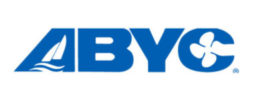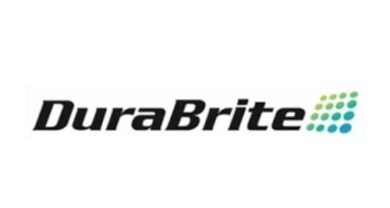Bill to battle plants may limit boat access
AUGUSTA, Maine — Public access to 14 Maine lakes could be curtailed under a legislative proposal that requires all boats used on the lakes to be inspected for milfoil and other invasive aquatic plants, according to an article in Friday’s Portland Press Herald.
The bill calls for a boat inspection system at the lakes’ 21 public boat ramps, to try and stop milfoil, hydrilla and other nuisance plants from spreading before they cause serious ecological and economic damage to the rest of Maine’s lakes. The public ramps would be gated when inspectors are not working, the article said.
The legislation, as it is currently written, says that boaters who use a lake outside of inspection times and those who refuse to remove an invasive plant from their boat could be charged with a Class E crime, according to the newspaper.
Lake advocates say time to act is running out if something isn’t done soon, and believe Maine could find itself following Florida, Vermont and other states that spend millions of dollars a year to manage invasive plants, the story said.
Not everyone agrees
But recreational fishermen, however, are livid about the bill, the story said.
Dave Barnes, a registered Maine Guide representing the 400 members of the Maine Bass Federation, said it was unfair to limit public access to the lakes, even for such a well-intentioned goal, while people who can afford it can still go fishing by using private boat ramps, the Press Herald reported.
Andrew Fisk, director of the Bureau of Land and Water Quality, said the Maine Department of Environmental Protection would support the bill, with some critical changes, the article stated.
Fisk said that providing enough inspectors at the lakes while allowing a high degree of public access would “significantly and detrimentally redirect staff and resources.”
Past efforts by paid boat inspectors at the Route 27 ramp on Messalonskee Lake, three days a week from June through September, cost $40 per boater visit, the article said.
Expanding the inspection program as outlined in the bill would raise those costs significantly, Fisk said, and perhaps even double them. The program could end up diverting $120,000 – as much as 18 percent of the state’s invasive species operating budget – from education, management and rapid response programs, according to the story.
Fisk said state officials would like to continue to assess the risk on a case-by-case basis. He proposed an amendment to the bill that would give the DEP and the state Department of Inland Fisheries and Wildlife clear authority to require inspections on ramps at infested lakes.
- For more of the latest news, click here.




